Solar Panel Installer Recruitment: Meeting the Demand for Clean Energy
The global transition towards clean, renewable energy has brought significant growth to the solar power industry. As governments and private sectors invest heavily in sustainability, the demand for solar energy has surged, creating a pressing need for qualified solar panel installers. This article explores the growing demand for solar panel installers, the key skills and qualifications needed, the recruitment process, and the challenges the industry faces in finding skilled workers.
The Growing Demand for Solar Panel Installers
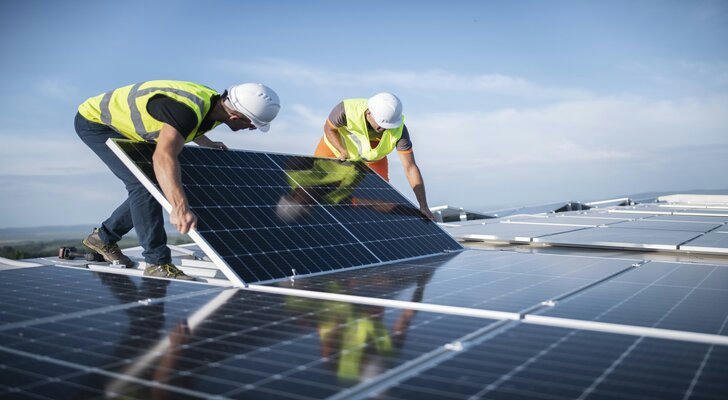
Over the last decade, the renewable energy sector has experienced explosive growth. Among the different types of renewable energy, solar power has become one of the most popular and accessible sources. The rise of solar energy can be attributed to several factors, including the decline in solar panel prices, advancements in technology, and the increasing focus on reducing carbon emissions.
In countries like the United States, China, and Germany, governments have introduced policies such as tax incentives, subsidies, and rebates to encourage the adoption of solar energy. As a result, more businesses and homeowners are making the switch to solar, leading to a higher demand for solar panel installation services.
For example, in 2020, the U.S. Solar Industry Diversity Report showed that the solar industry employed more than 250,000 people, with a significant portion dedicated to installation. The demand for solar installations is expected to grow further in the coming years, especially with the Biden administration's goal to achieve net-zero carbon emissions by 2050.
This rapid growth means that companies in the solar sector are actively recruiting solar panel installers. However, the demand for skilled workers often outpaces the supply, making it a challenge for companies to find qualified candidates.
Challenges in Solar Panel Installer Recruitment
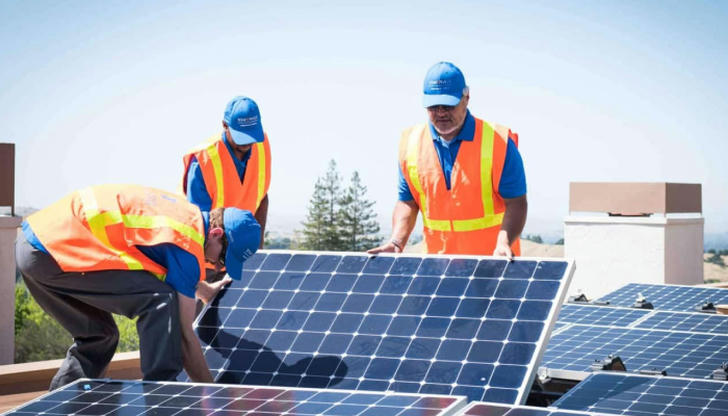
The recruitment of solar panel installers presents a number of challenges that both employers and employees must navigate. Despite the industry’s rapid growth, there are still some significant barriers to ensuring a steady pipeline of skilled workers.
1. Lack of Skilled Labor
One of the primary challenges in recruiting solar panel installers is the shortage of skilled labor. While interest in the renewable energy sector has increased, many workers still lack the necessary training and certifications required to install solar panels effectively. Unlike more traditional trades, such as plumbing or electrical work, the solar industry is relatively new, and there are fewer established pathways for workers to gain specialized skills.
For instance, while many workers might have experience in construction or electrical work, they may not be trained in the specific skills needed for solar panel installation. This leaves companies with two choices: invest in training programs for new employees or hire workers with limited experience and train them on the job.
2. Safety Risks and Training Requirements
Solar panel installation involves working at heights and dealing with electrical systems, which presents safety risks for workers. This requires a higher level of specialized training in safety procedures. Companies need to ensure that their installers are not only skilled in the technical aspects of the job but also well-versed in industry safety standards.
For example, installers must be familiar with working on rooftops and using ladders or scaffolding, which are high-risk activities. In addition, they must adhere to electrical safety guidelines to prevent accidents while working with solar equipment. Companies must invest in safety certifications and training programs to ensure that installers can carry out their work without risking injury or violating regulations.
3. Seasonal Work and Unpredictable Demand
The solar installation industry is often subject to seasonal fluctuations, with demand for services peaking during warmer months. This can make it difficult for companies to maintain a consistent workforce year-round. Additionally, there are periods of higher demand due to government rebates or changes in regulations that drive customers to install solar systems before deadlines.
This seasonal nature of the business presents a challenge for recruitment, as companies may need to quickly ramp up their hiring during peak times, only to find themselves facing a shortage of workers when the demand drops.
4. Compensation and Benefits
Although the solar industry has seen rapid growth, wages for solar panel installers can vary depending on location, experience, and company size. In many regions, wages may not yet be competitive with other skilled trades, which can discourage potential candidates from entering the field. Additionally, benefits packages in the solar industry can vary significantly from one employer to another, which makes it harder to attract and retain top talent.
Employers in the solar panel installation sector need to offer competitive wages and benefits to attract and retain skilled workers. This might include health benefits, paid time off, and opportunities for career advancement.
Key Skills and Qualifications for Solar Panel Installers
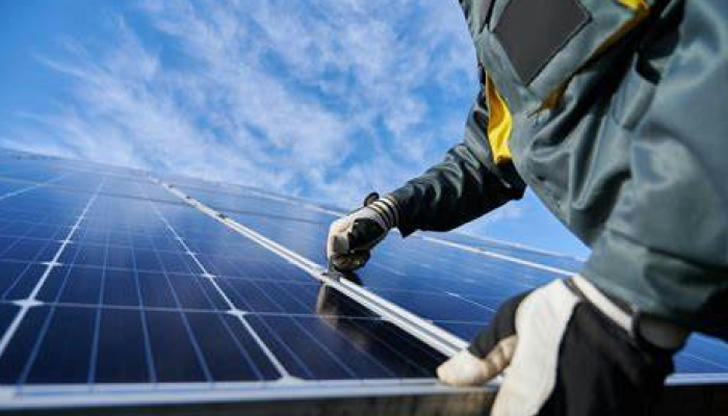
To succeed as a solar panel installer, candidates must possess a specific set of skills and qualifications. These skills are essential not only for the installation process but also for ensuring that the job is completed safely, efficiently, and in compliance with industry standards.
1. Technical Skills and Knowledge
Solar panel installers need a solid understanding of electrical systems, roofing, and construction. They must be able to interpret blueprints and technical diagrams to install solar panels correctly. This includes knowledge of wiring systems, inverters, battery storage systems, and mounting techniques.
For example, an installer working for a solar company like Sunrun needs to be able to assess a customer’s roof to determine the optimal placement of solar panels. They must also be skilled in connecting the solar system to the home’s electrical grid and ensuring that everything is functioning properly.
2. Physical Strength and Dexterity
Solar panel installation is physically demanding work. Installers must be able to lift heavy panels, climb ladders, and work in various weather conditions. Physical stamina and dexterity are crucial for handling the equipment and completing the installation within a set timeframe.
For instance, an installer working for a residential solar company may need to carry and mount solar panels on rooftops, requiring strength and coordination. The work environment can also vary, with some jobs requiring installers to work in tight or awkward spaces.
3. Safety and Compliance Awareness
As mentioned earlier, safety is a top priority in solar panel installation. Installers need to be trained in electrical safety, fall protection, and other safety protocols. They must also be familiar with local building codes and regulations related to solar panel installations.
Installers working for a company like Vivint Solar are required to be certified in electrical safety and fall protection training to ensure they can complete installations safely. Furthermore, companies need to ensure that installers adhere to environmental regulations and codes, which can vary from region to region.
4. Problem-Solving and Adaptability
Solar panel installation is rarely a one-size-fits-all job. Installers must be able to adapt to different building designs, roof types, and customer needs. Problem-solving skills are essential when addressing issues like difficult roof access or unexpected weather conditions.
For example, if an installer encounters an unanticipated problem with a roof’s structural integrity during installation, they must find a solution to safely complete the installation, often in consultation with engineers or architects.
The Recruitment Process for Solar Panel Installers
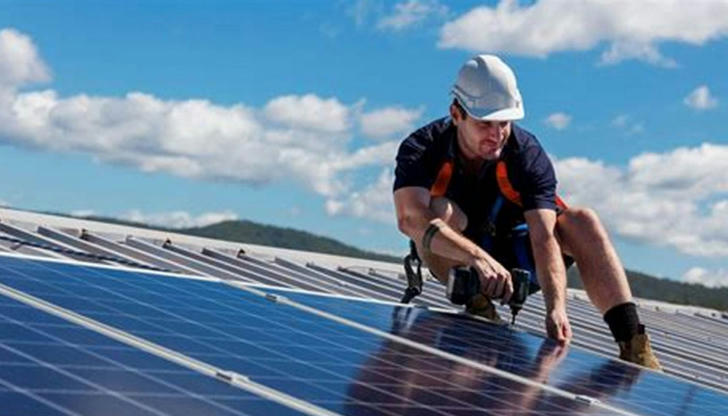
The recruitment process for solar panel installers is similar to that of other skilled trades but requires a focus on specific technical and safety qualifications. Companies must clearly define the roles, responsibilities, and requirements for the position and then carefully screen applicants.
1. Job Posting and Application
The recruitment process typically begins with job postings on industry-specific websites, job boards, and through word-of-mouth. The posting should outline the qualifications, skills, and experience needed, as well as any certifications required. For example, a job ad for a solar panel installer might specify the need for a valid driver’s license, experience with electrical systems, and OSHA (Occupational Safety and Health Administration) certification.
2. Screening and Interviewing
Once applications are received, employers typically screen candidates based on their technical skills, experience, and certifications. During the interview process, candidates are often asked about their previous experience in solar installations and their ability to troubleshoot issues on-site. Employers may also test applicants' knowledge of safety protocols and industry standards.
For example, during an interview for a solar installation position at a company like Tesla, candidates may be asked to demonstrate their knowledge of solar panel systems and how to handle common installation challenges.
3. Training and Certification
Given the specialized nature of solar panel installation, employers often provide on-the-job training to new hires. This training may include shadowing experienced installers, learning how to work with specific solar equipment, and undergoing safety certifications.
4. Onboarding and Continuous Education
Once hired, installers undergo onboarding processes that include detailed safety briefings, equipment training, and customer service guidelines. Additionally, ongoing education is essential in the solar industry, as technologies evolve rapidly. Companies may offer workshops, certification programs, or access to online resources to help installers stay up to date.
Future Trends in Solar Panel Installer Recruitment
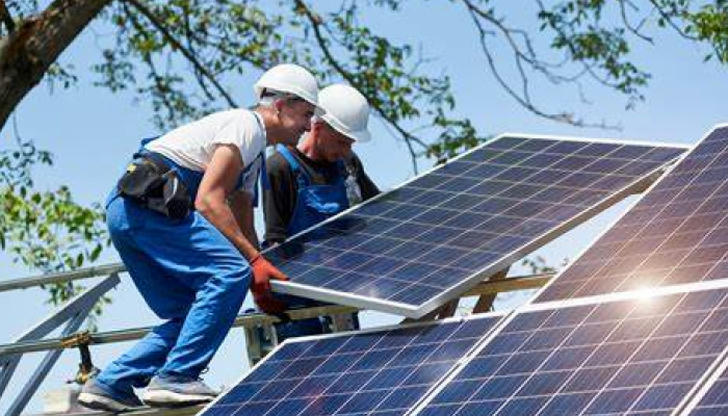
The future of solar panel installer recruitment will likely be shaped by several key factors:
1. Technological Advancements
With advancements in solar technology, installers will need to keep up with new products, installation techniques, and system integrations. The growing popularity of solar battery storage systems, smart grid technologies, and energy-efficient solar panels will create additional demand for skilled installers with knowledge of these systems.
2. Increased Focus on Diversity
As the renewable energy sector continues to grow, there is increasing attention on the need for greater diversity within the industry. Companies are actively working to attract underrepresented groups to fill roles in solar installation, promoting more inclusive recruitment strategies.
3. Demand for Skilled Workers
As more countries push for greater investment in renewable energy, the demand for solar panel installers is expected to remain high. This will lead to a competitive recruitment landscape where companies will need to offer attractive compensation packages, opportunities for career growth, and training programs to attract and retain talent.
Conclusion
The solar panel installation industry is an essential part of the global push for renewable energy. As the demand for solar systems continues to grow, the need for skilled installers has never been greater. However, the recruitment process presents several challenges, from finding qualified candidates to ensuring safety and compliance. By focusing on the necessary
